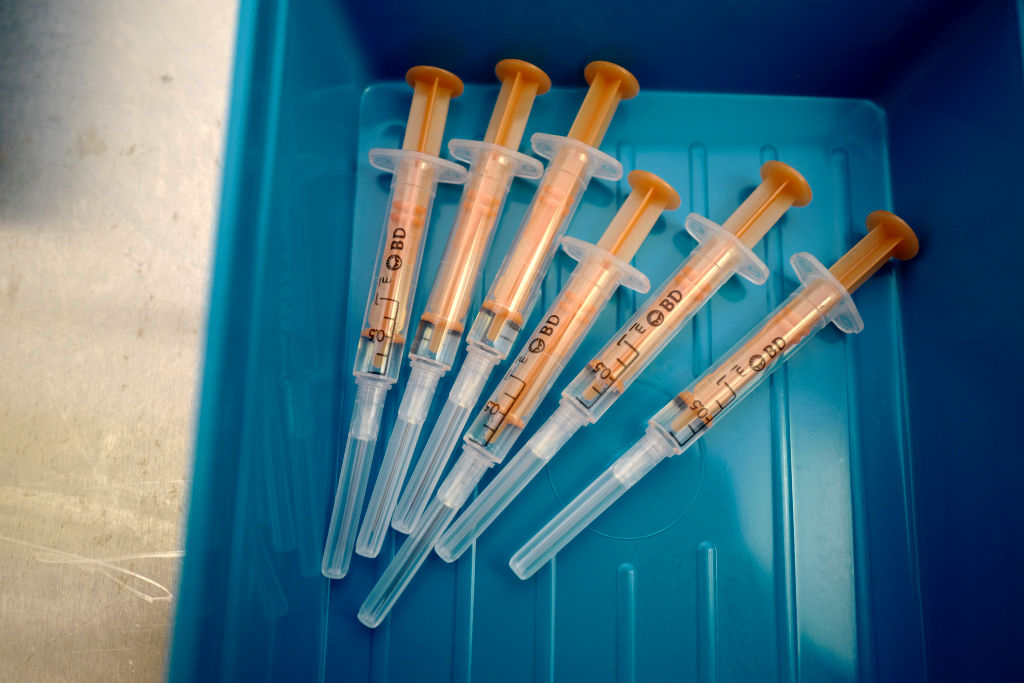Further analysis finds Oxford-AstraZeneca COVID-19 vaccine 76 percent effective 3 months after first shot


A free daily email with the biggest news stories of the day – and the best features from TheWeek.com
You are now subscribed
Your newsletter sign-up was successful
Further analysis of trial data for the COVID-19 vaccine developed by the University of Oxford and AstraZeneca appears to have provided a boost for the United Kingdom's plan to lengthen the interval between doses to up to 12 weeks, which allows the country to administer the initial shot to more people. The U.K.'s decision is at the center of a wider debate over whether governments should prioritize of partially inoculating a larger percentage of the population or save second doses and give fewer people complete protection.
The latest update to the study, which hasn't been peer-reviewed yet, suggests the vaccine is 76 percent effective at preventing symptomatic COVID-19 infections up to three months after a singular dose. That level of immunity appears to kick in a little more than three weeks after the initial shot, with little evidence of protection waning in the interim period. The figure then rises to 82 percent after the second dose.
Swabs taken weekly from volunteers in the U.K. (the study also included participants in Brazil and South Africa) also showed a 67 percent reduction in positive PCR tests, raising confidence the vaccine may help prevent transmission as opposed to just lowering the risk of symptomatic and severe infections, though further study is necessary on that front. Read more at BBC and Bloomberg.
The Week
Escape your echo chamber. Get the facts behind the news, plus analysis from multiple perspectives.

Sign up for The Week's Free Newsletters
From our morning news briefing to a weekly Good News Newsletter, get the best of The Week delivered directly to your inbox.
From our morning news briefing to a weekly Good News Newsletter, get the best of The Week delivered directly to your inbox.
A free daily email with the biggest news stories of the day – and the best features from TheWeek.com
Tim is a staff writer at The Week and has contributed to Bedford and Bowery and The New York Transatlantic. He is a graduate of Occidental College and NYU's journalism school. Tim enjoys writing about baseball, Europe, and extinct megafauna. He lives in New York City.
